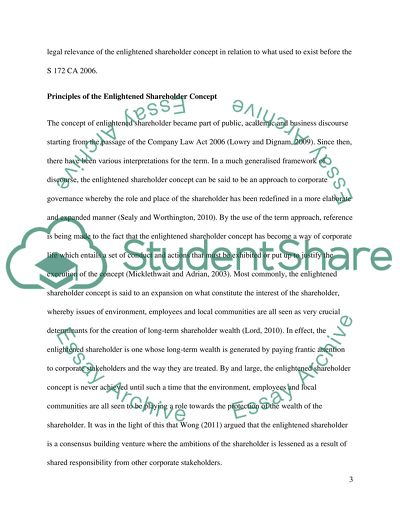Cite this document
(“Critically discuss the legal relevance of the enlightened shareholder Assignment”, n.d.)
Retrieved de https://studentshare.org/law/1638040-critically-discuss-the-legal-relevance-of-the-enlightened-shareholder-concept
Retrieved de https://studentshare.org/law/1638040-critically-discuss-the-legal-relevance-of-the-enlightened-shareholder-concept
(Critically Discuss the Legal Relevance of the Enlightened Shareholder Assignment)
https://studentshare.org/law/1638040-critically-discuss-the-legal-relevance-of-the-enlightened-shareholder-concept.
https://studentshare.org/law/1638040-critically-discuss-the-legal-relevance-of-the-enlightened-shareholder-concept.
“Critically Discuss the Legal Relevance of the Enlightened Shareholder Assignment”, n.d. https://studentshare.org/law/1638040-critically-discuss-the-legal-relevance-of-the-enlightened-shareholder-concept.


